By Bamidele Temitope Johnson
Every election season, Nigerians perform the familiar ritual of blaming politicians for everything wrong with the country. From looting public funds with flair to weaponising poverty for votes, politicians, in and out of office, fully deserve the stream of vitriol that flows in their direction. But one accusation deserves closer scrutiny. It is the idea that politicians are responsible for inter-ethnic hatred among Nigerians and that without them we would all be hugging, high-fiving one another, “chopping knuckle” and air-kissing one another.
It is a comforting story in which ordinary Nigerians appear warm and naturally peaceful until some scheming and power-hungry candidate whispers tribal poison into our ears. It sounds neat, feels fair, but it is lazy. Politicians did not invent bigotry. They met it well-fed, fully grown and ready-to-use.
Long before modern Nigerian politics took shape, ethnic suspicion was already a quiet drumbeat in the background. Colonial administrators only added professional management to exploit it. They did not create it from nothing. From the pre-colonial era through indirect rule, ethnic groups viewed one another with varying degrees of mistrust, often over land, trade and power-all of which bred tetchy disgruntlements between and among them.
When the British came, they deepened those cracks by drawing artificial boundaries and promoting regional hierarchies. By independence, Nigeria was already a fragile federation of mutual resentment dressed up as a mutual admiration society by itsfounding fathers. So when today’s politicians exploit those divisions, they are merely dipping into an inherited well of distrust, not digging a new one.
Nigerians do not need a politician to teach them prejudice. It is a social reflex. It is something we do without thinking. It sits in our jokes, gossip, marriages and recruitment. We say “Yoruba no dey keep secret,” “Igbo too like money,” “Hausa no sabi book.” Every tribe has its own dictionary of insults for the others. Igbo traders say that Yoruba are “oyinbo pako”, fake Englishmen with empty sophistication, while the Yoruba call the Igbo “omo ajokuta ma mumi (one who eats stone without drinking water) and dismiss Igbo as “onye ego,” money-obsessed hustlers who will sell their own shadow. In the North, “yan kudu” is the word for southerners seen as cunning and loud. These small cuts pile up into scar tissue that politicians find easy to reopen.
And it is not only inter-ethnic. The poison travels inward too. Within the same tribe, we manage to divide ourselves into smaller fiefdoms of arrogance. The Yoruba mock one another across town lines. The Igbo do the same across states and probably across town lines too. Even the Ijaw find ways to argue about which Ijaw is pure and which is decaf. Everyone has someone to look down on.
By the time an election comes, all a politician needs to do is blow gently on the embers we have been tending in private. The fire that follows is not entirely his creation but our handiwork waiting for a spark. Visit any market or motor park on an ordinary day, far from campaign podiums, and listen. You will hear people blaming “them” for everything from high food prices to bad manners. Inter-ethnic hostility in Nigeria has become so normal that it thrives even outside the political calendar.
A trader of northern extraction in Lagos may overcharge an Igbo customer because “na so dem dey do us.” A Yoruba bus conductor in Abuja might insult a Tiv passenger because “una no dey hear word.” These are not campaign-season outbursts. They are daily expressions of a society comfortable with its prejudice.
Even language betrays us. “Aboki,” which means “friend” in Hausa, now serves as a lazy shorthand for any northerner working as a gateman, suya seller or okada rider. A word of friendship has been reduced to a label of servitude.
I grew up hearing truly toxic things in Yoruba, a language with enough tribal shade to fill a library. “Talo ma ra eko Ibadan ta ni oole Igbira lohun a fi je?” — who would buy moinmoin from an Ebira and eat it with agidi made by an Ibadan person? Meaning: Ebira are filthy and Ibadan people are unserious. There was also “won ni ki mola takiti o n’ye ile wo, talo fe ko ta ko ye?” — a northerner was asked to do cartwheels and checked if the ground was hard when the wish was for him to die doing it. Neither came from a politician, but from the same people who now accuse politicians of dividing us.
Other groups that congratulate themselves for being tolerant have their own versions, but prefer to blame the politician who was also raised on the same diet. Blaming politicians for ethnic hatred is like blaming rain for a leaking roof. The rain exposes the problem but the fault lies in the cracks we refused to fix. Politicians manipulate us because they can, and they can because we are easy to manipulate.
It is easier to condemn tribal politics than to examine how tribalism lives inside us, in our language, humour, hiring and even our prayers. Many of us are political ethnicists in denial. We denounce division publicly but vote, trust and socialise along ethnic lines privately.
Of course, politicians exploit and amplify these divisions, invest in them, profit from them and recycle them. But the real tinder is our failure of empathy, our allergy to seeing others as fully human. Until that changes, every election will sound like a remix of the same old chorus. Even if the entire political class vanished tomorrow, we would still find someone’s accent or surname to despise.
Healing Nigeria’s ethnic fractures will not come from political reform alone. It requires cultural and social transformation. We must unlearn the lazy narratives we inherited and replace them with curiosity about one another. Inter-ethnic friendships, shared education systems and media that highlight shared struggles over tribal pride are the quiet revolutions that can make demagogues irrelevant.
Until then, we should at least tell ourselves the truth. Politicians may pour the petrol, but we, the ordinary Nigerians, have kept the firewood dry for decades.
… Johnson, a journalist wrote in from Lagos.


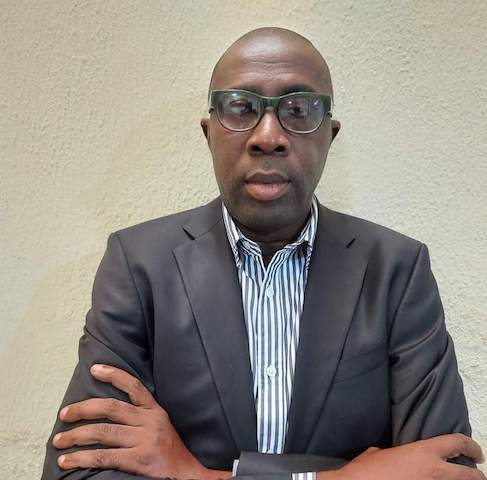
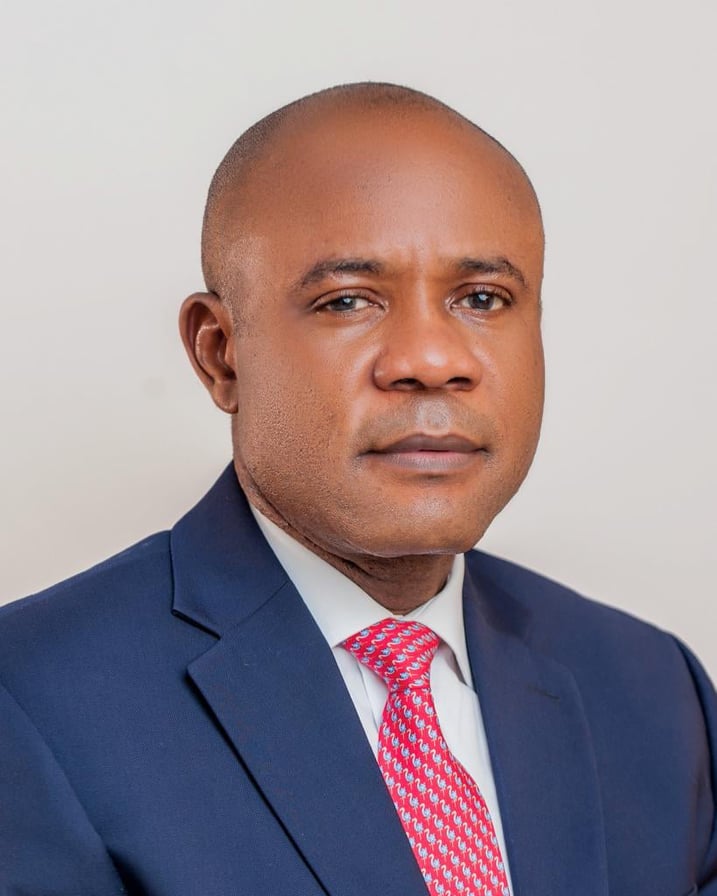
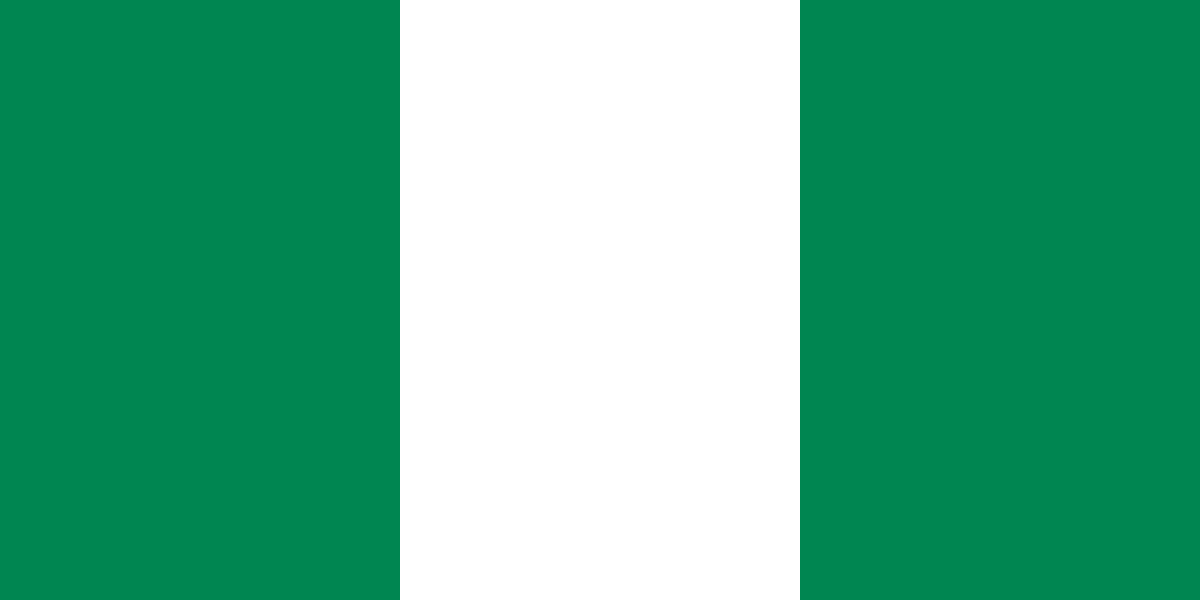
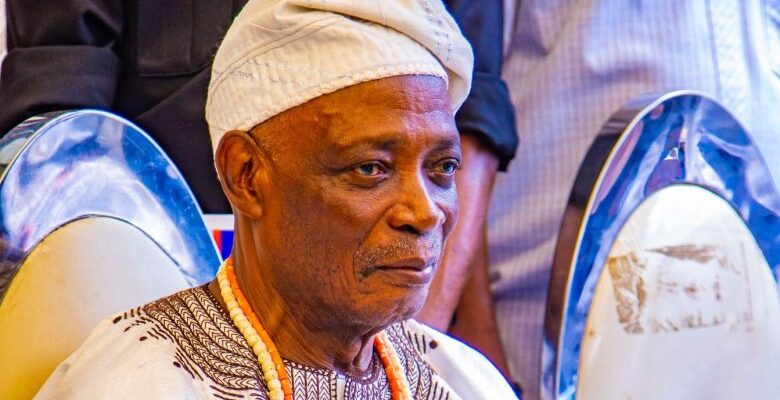



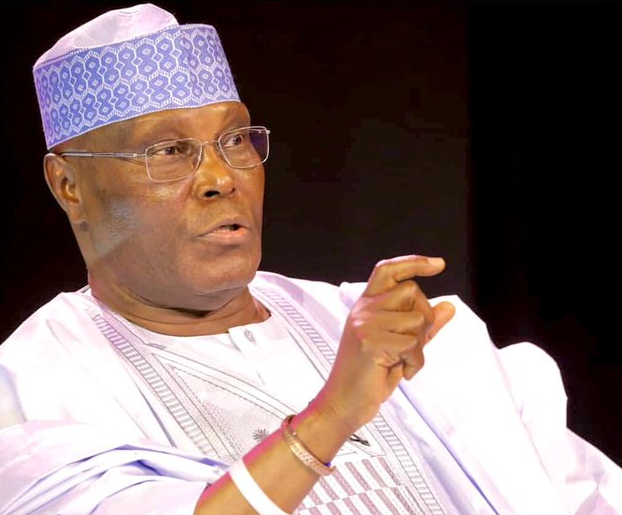
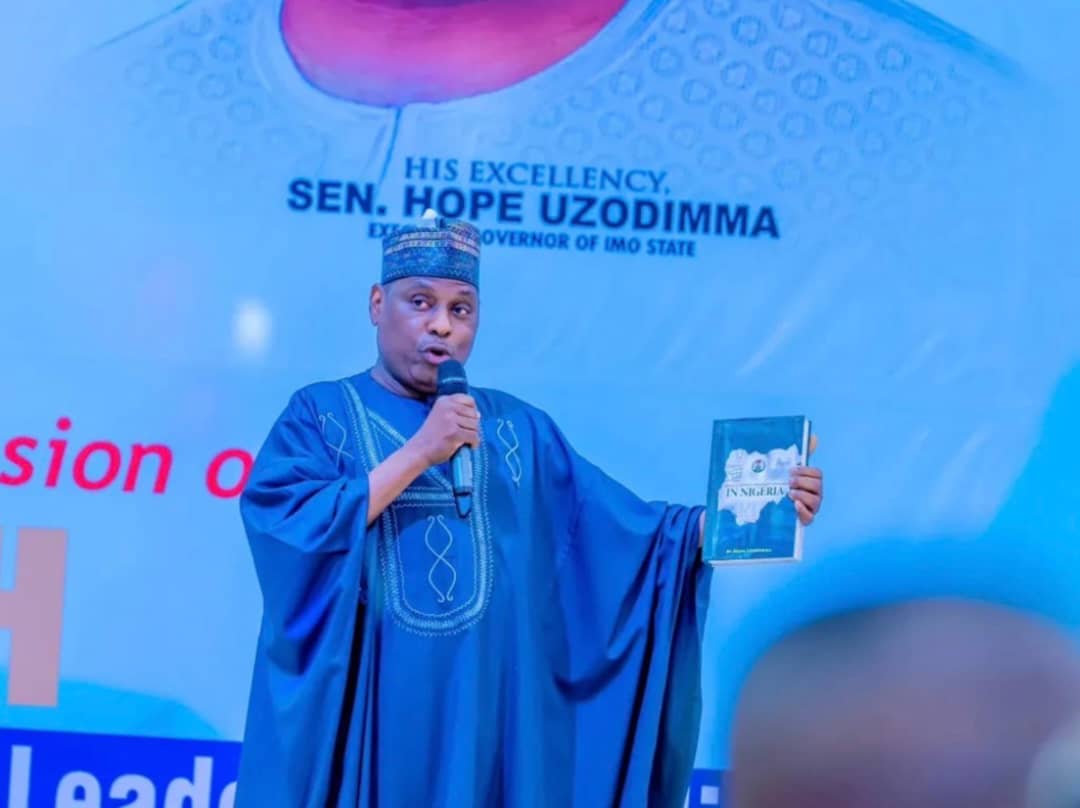
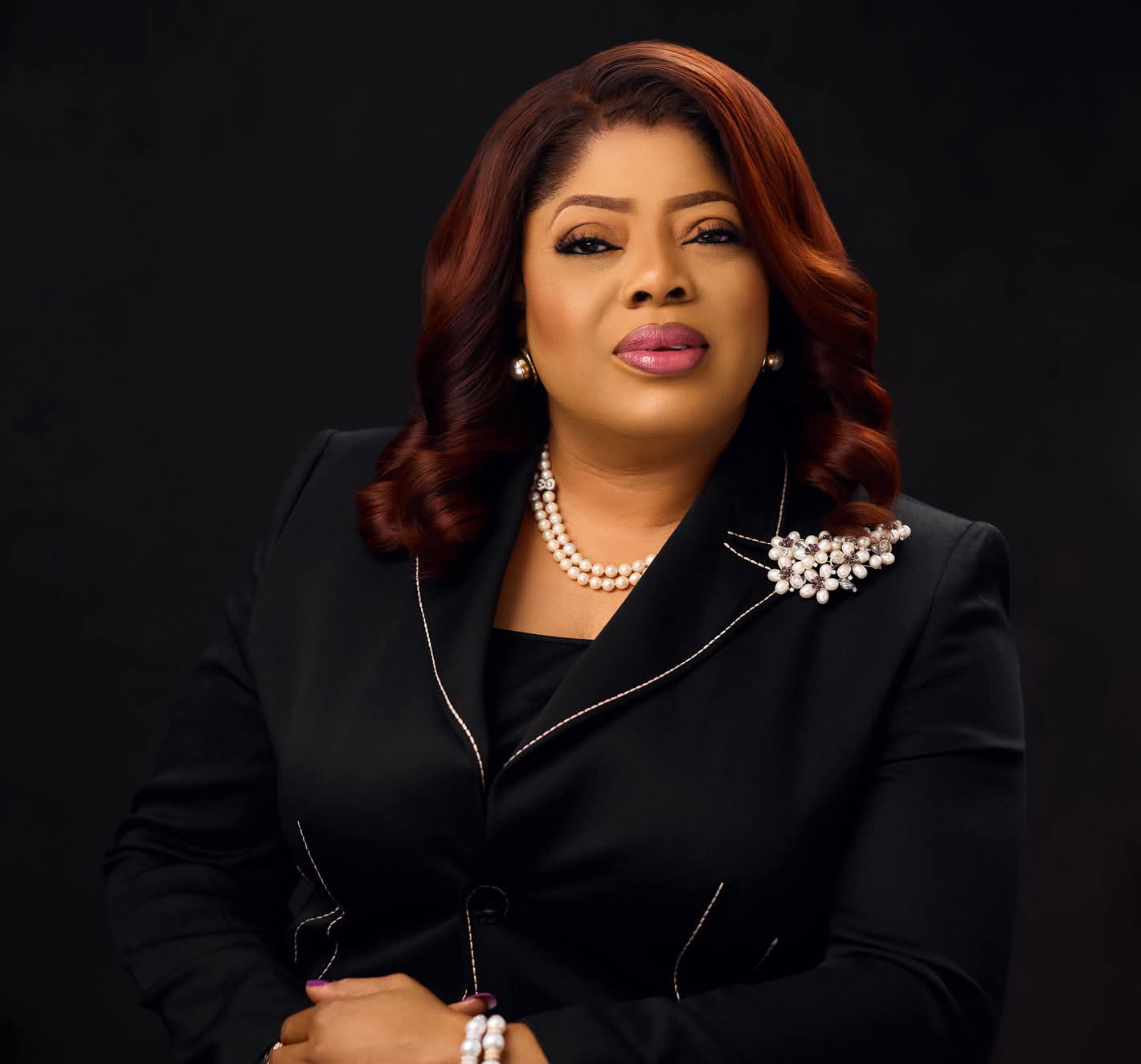

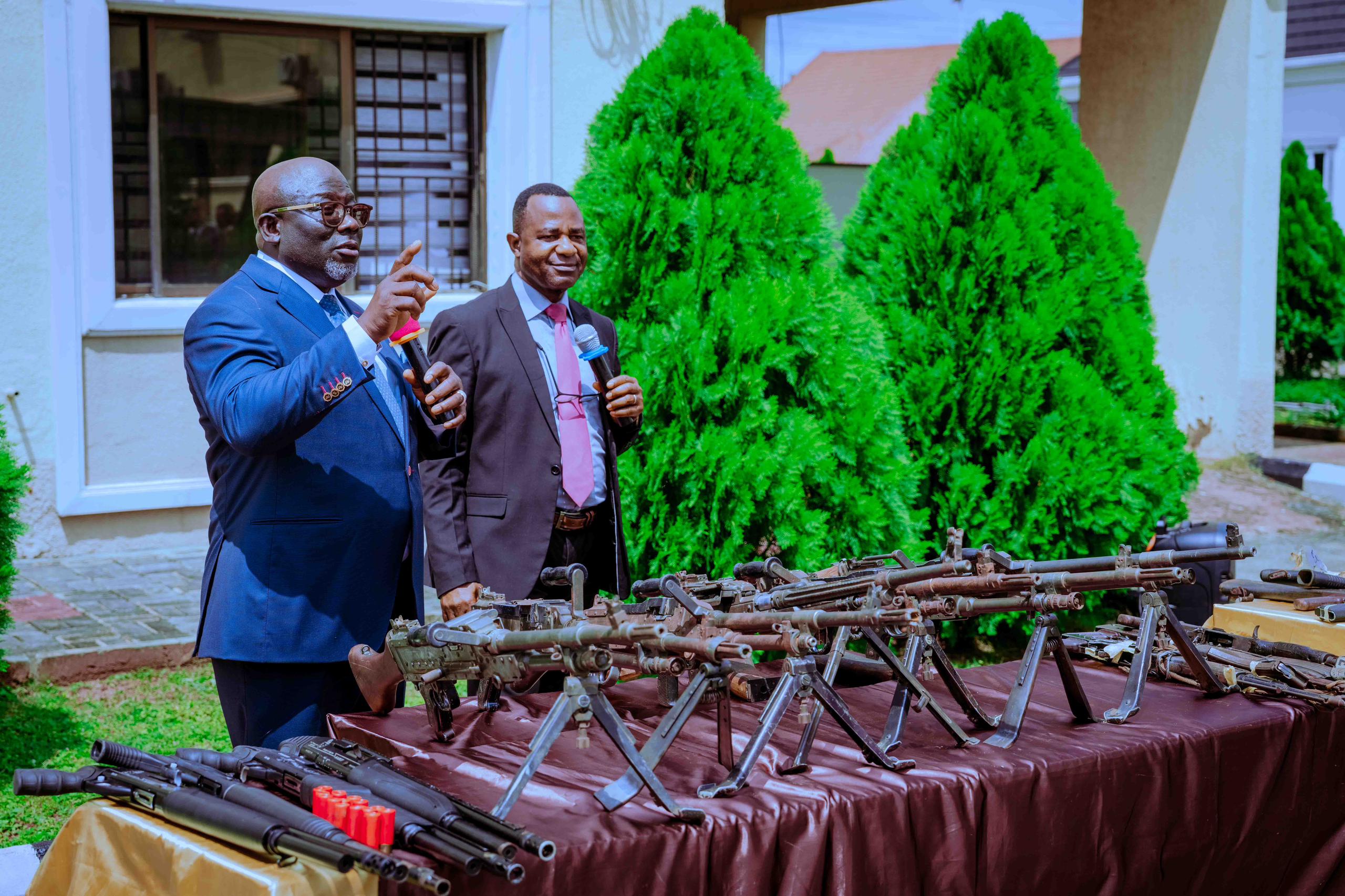
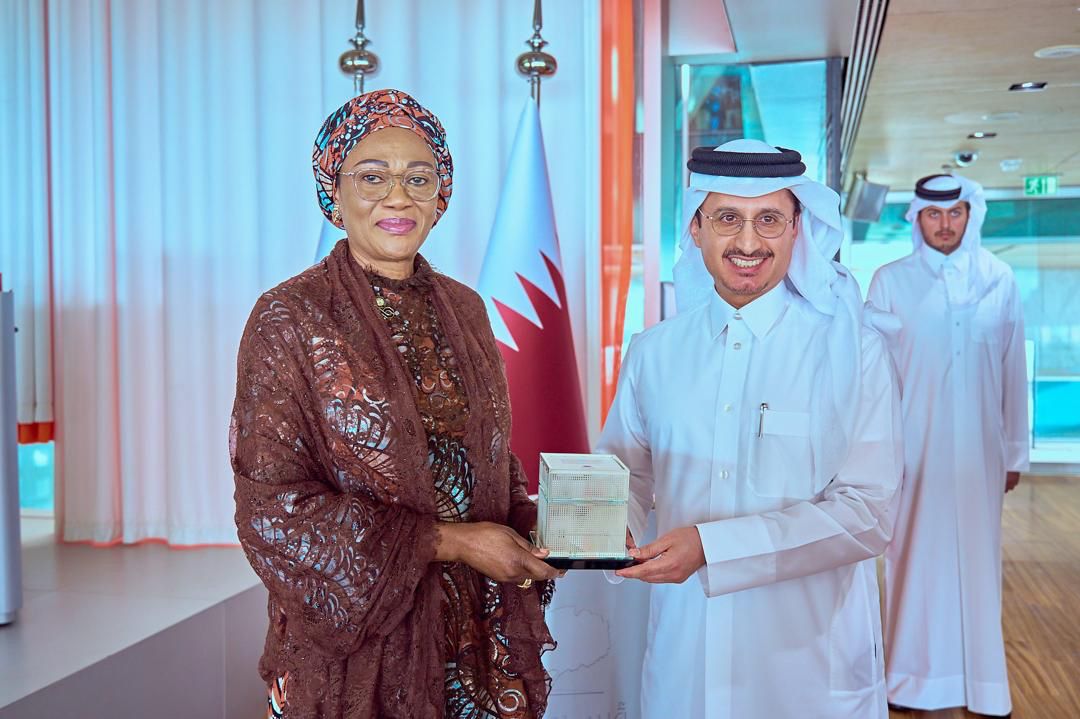
Leave a Reply